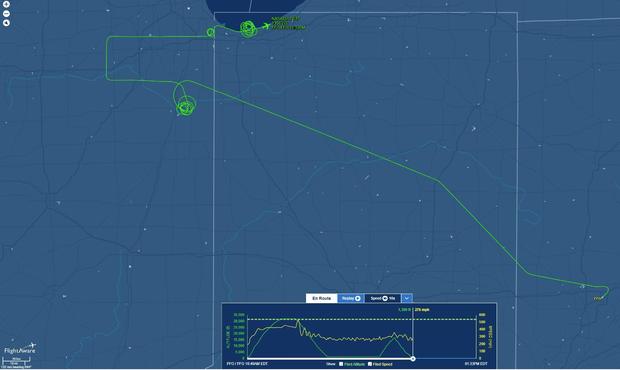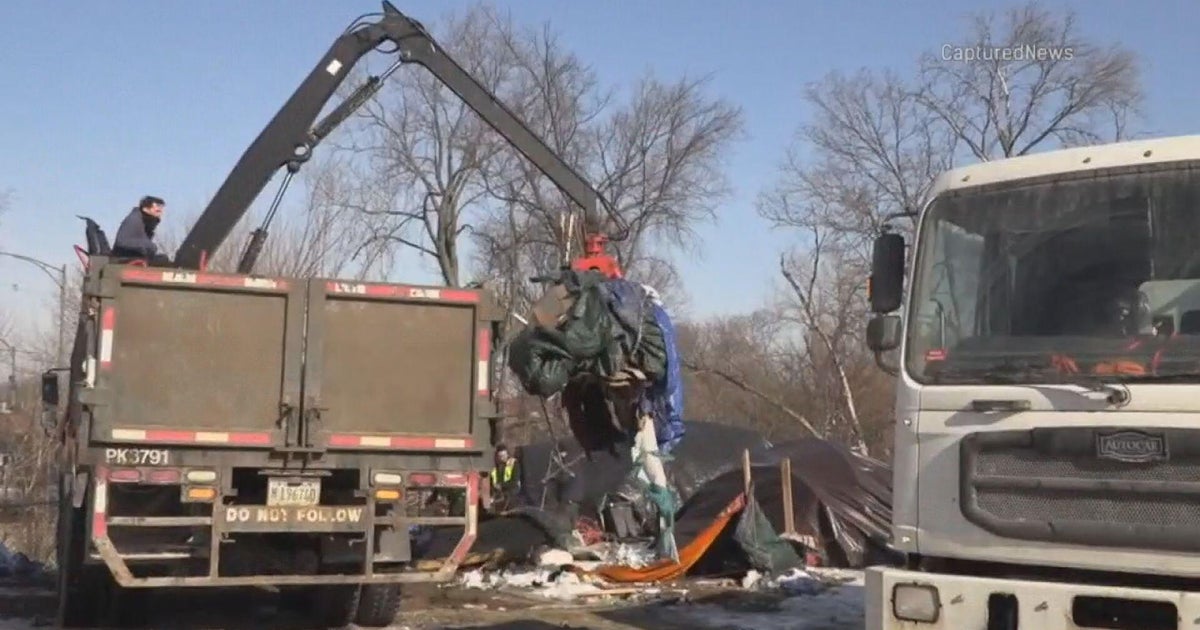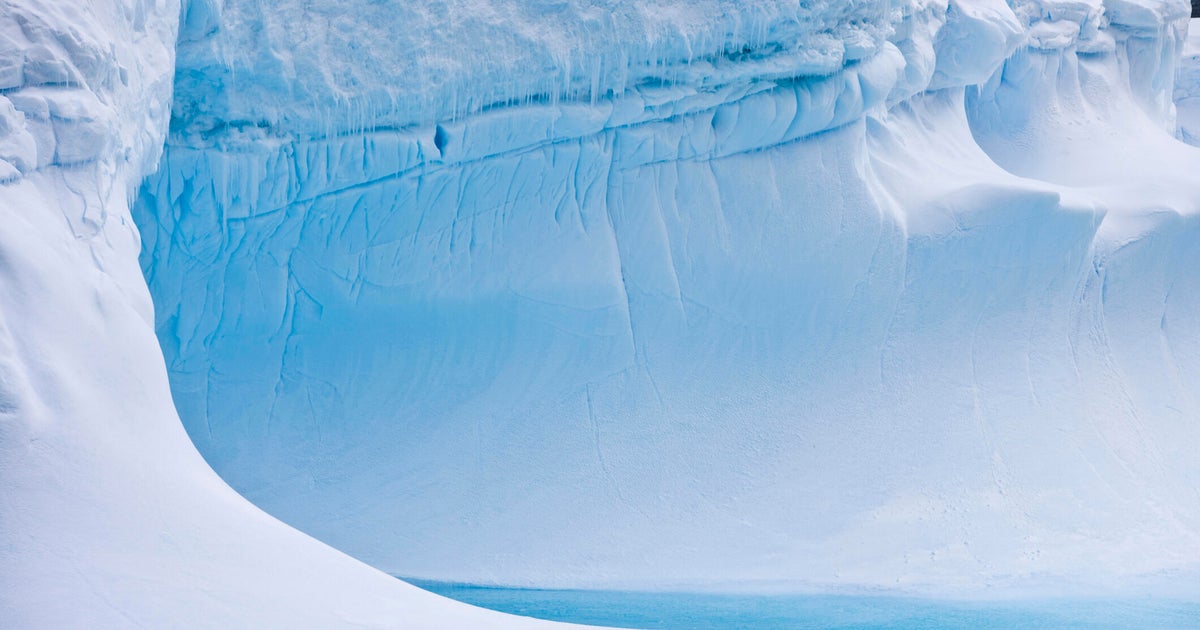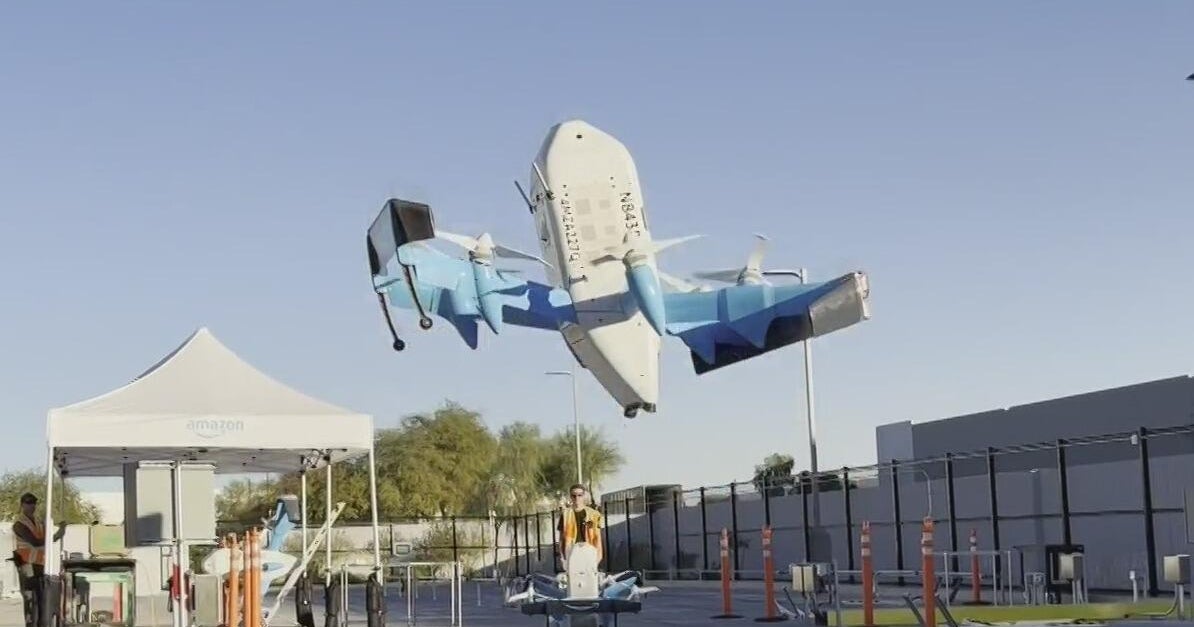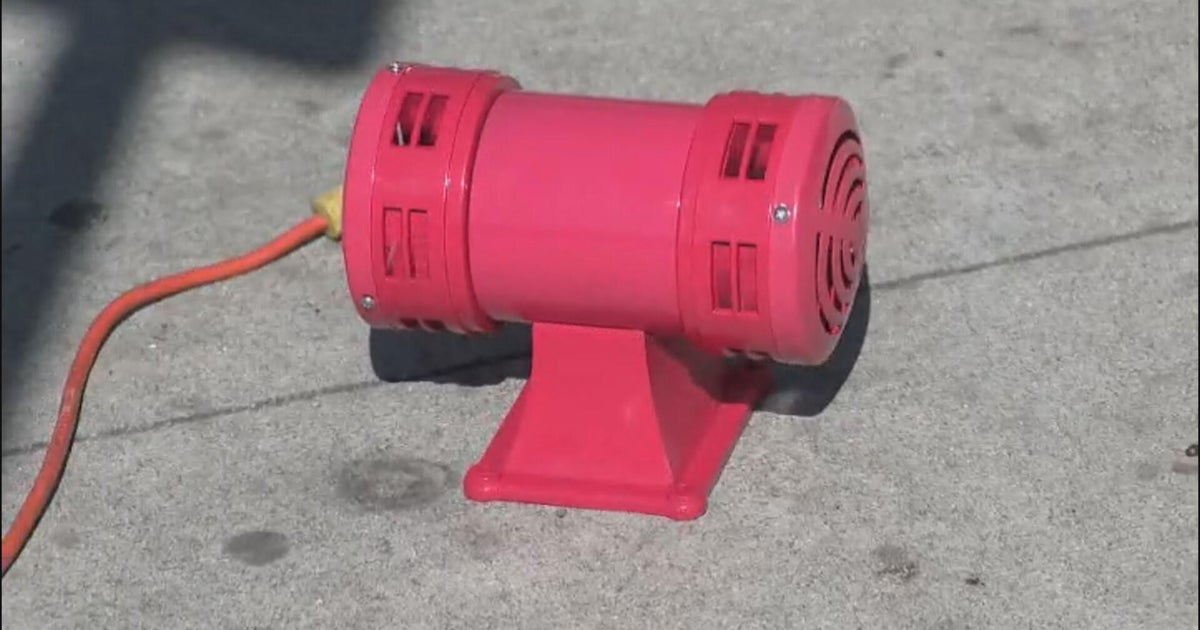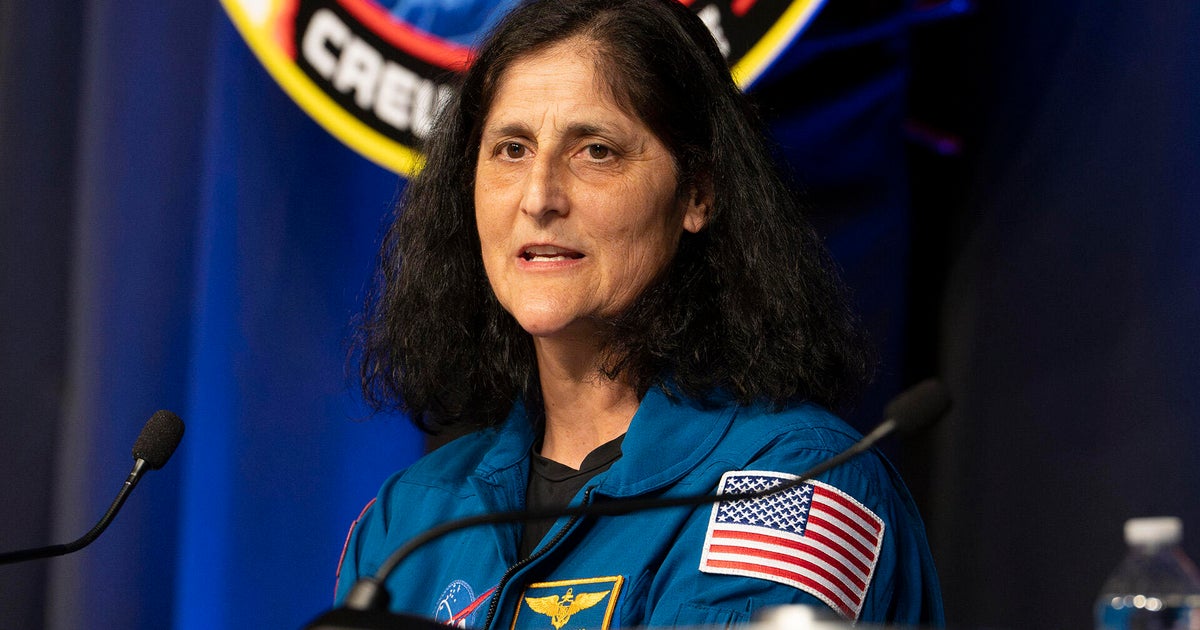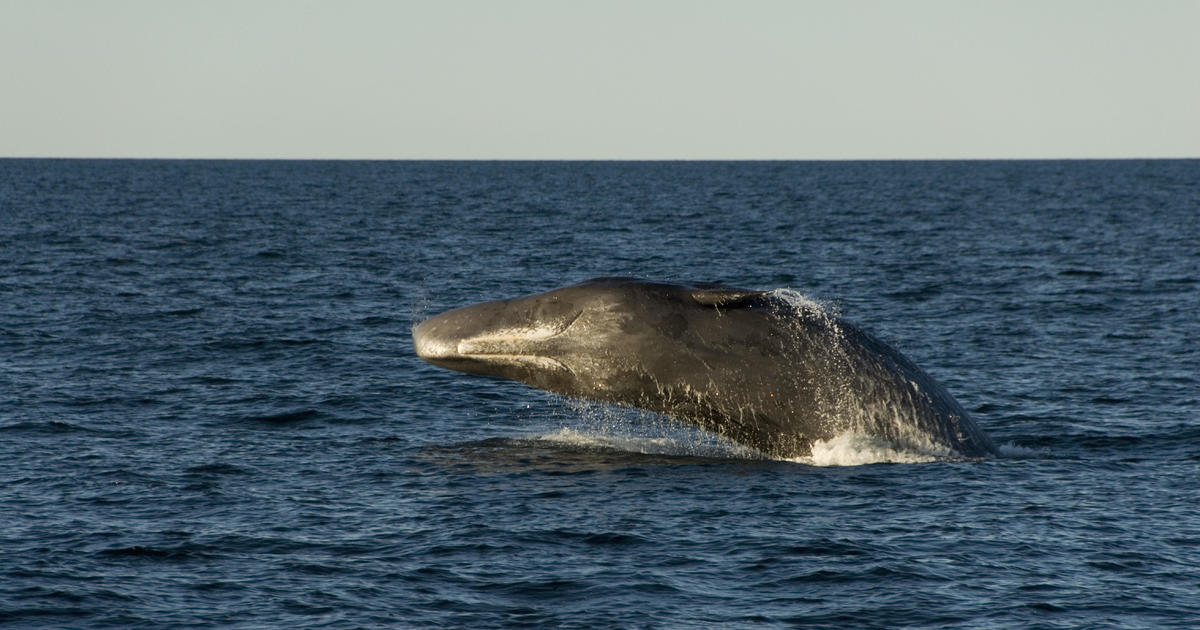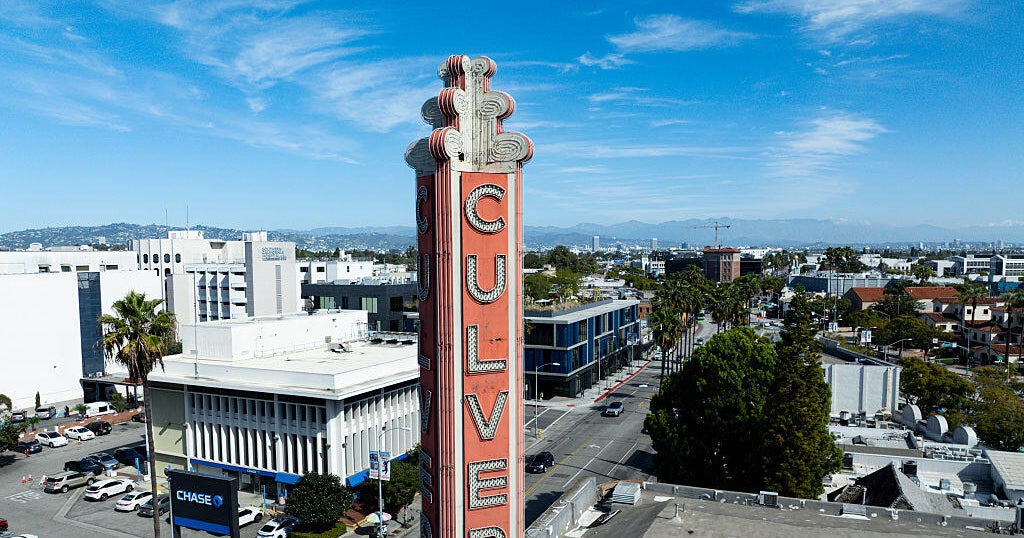NASA research jet flies low over Chicago to collect data on emissions
CHICAGO (CBS) -- Chicago residents may have seen - or heard - the huge plane circling in and around the city on Tuesday. It was flying much lower than usual and for good reason.
The DC-8 flying science lab will be taking to the skies over major cities like Chicago, New York, Toronto, and Los Angeles this summer as it collects data about emissions in the atmosphere. CBS 2's Jermont Terry went out to learn more about the flying laboratory.
The plane took off from Wright Patterson Air Force Base in Ohio and flew over Chicago and Northwest Indiana on Tuesday morning.
Around noon, the aircraft flew at 1,400 feet over Lincoln Park, traveling around 250 miles per hour, according to Flight Aware.
The agency warned the flyover would be very loud.
Naomi Muskovin and her 4-year-old nephew were in Humboldt Park where the buzz wasn't only coming from the bees. They quickly realized that NASA was conducting science research was going on right above.
"I suppose that is a positive thing to test the air pollution in this area," Muskovin said.
That's especially after the dangerous air quality days Chicago has experienced over the summer from Canadian wwildfires
The aircraft was also set to travel east into Northwest Indiana before turning back toward Chicago where CBS 2's cameras captured it hanging low over Humboldt Park.
Man: "It was low. It was pretty low. You could hear it."
Terry: "You don't see big planes that low, do you?"
Man: "No, not here."
The plane soared about 22,000 feet in the air, much lower than the usual 42,000 feet a commercial aircraft flies. The purpose was to collect data and produce 3D mapping of where the pollution is over big cities, like Chicago, to pinpoint the source.
"So we're going to have to be doing more of this in the future," said Liz Moyer, an atmospheric scientist at the University of Chicago. "So you should get ready for more of it."
Moyer added that while it's a unique project, the data is necessary.
"People should be mindful that there's a lot of other satellites that are old and shutting down, and we have to make sure that we replace them," she said.
The data collected on Tuesday could take over a year to be analyzed.
